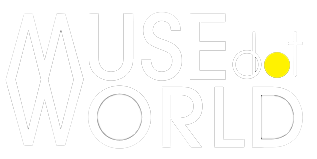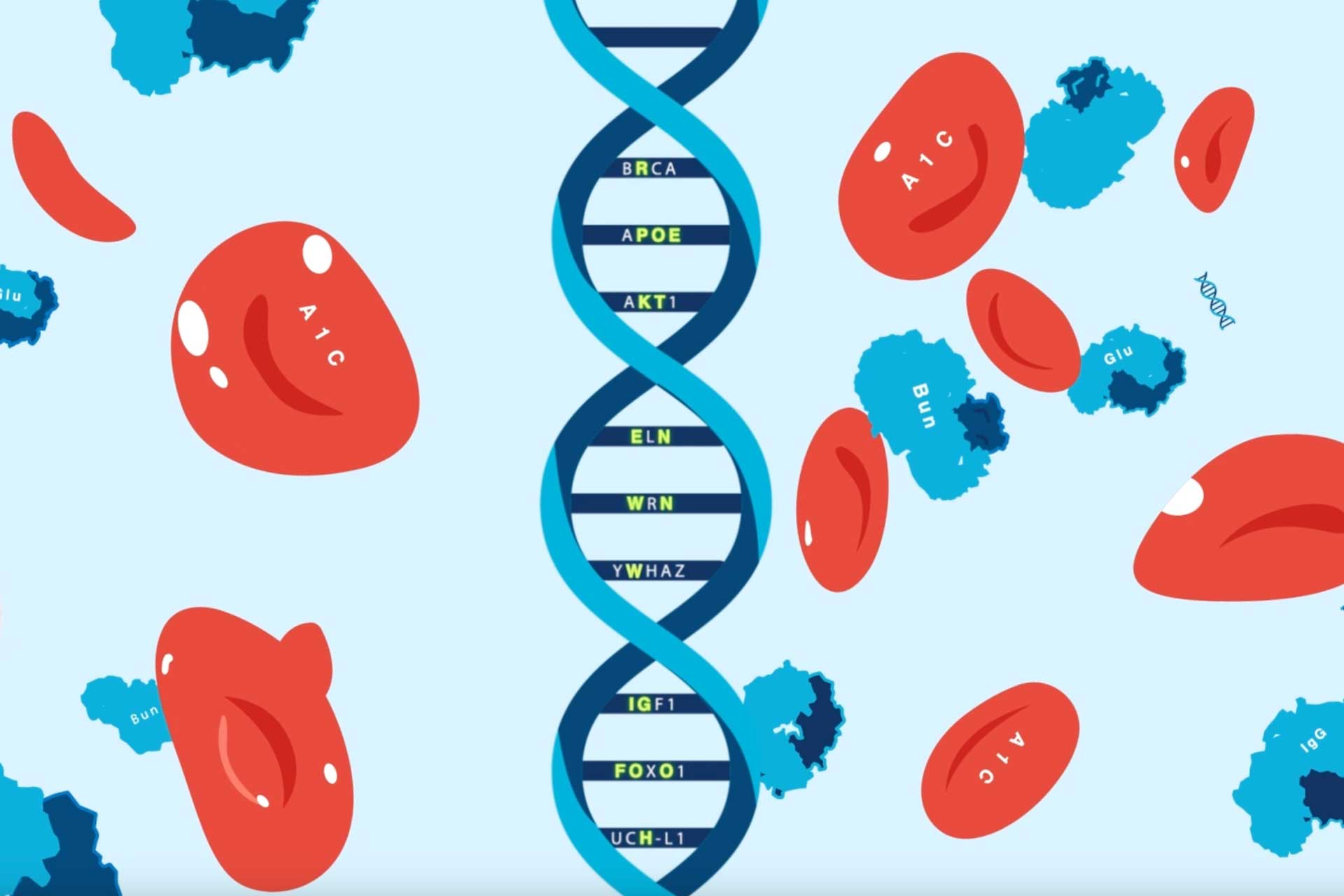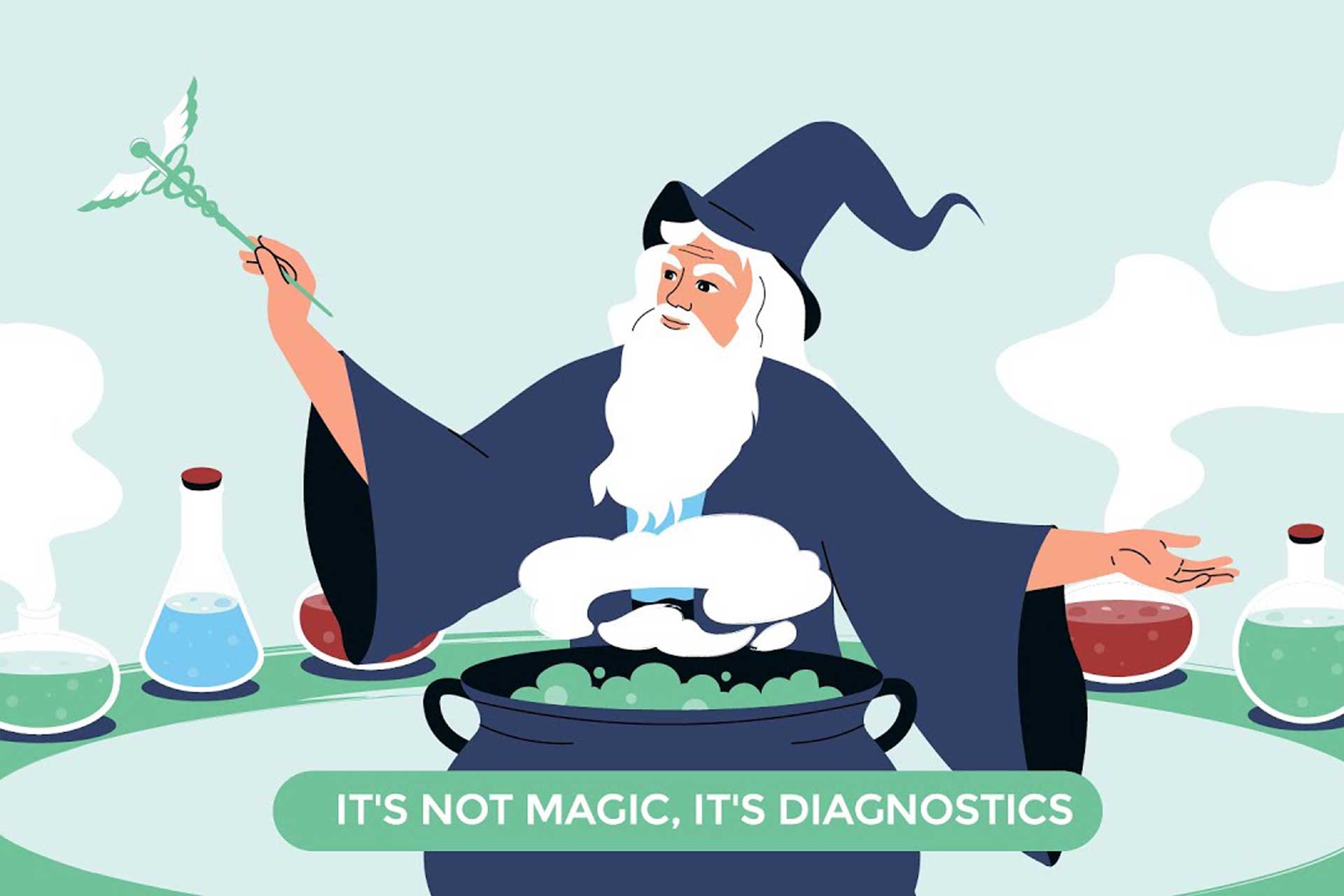Interview with Vinnie Urdea from United States

Interview with Sun Jian for EMERALD BAY Sign Design
November 30, 2023
Interview with Jekaterina Beljankova from Czech Republic
November 30, 2023Vinnie Urdea
Vinnie Urdea is the creative director at Halteres Associates, a leading bioscience consultancy offering strategic and tactical services in diagnostics, medical devices, and life science research. His career began as an actor and performer, followed by a decade as a freelance video producer before joining Halteres full-time in 2020.
Interview with the 2023 MUSE Creative Awards Winner -Vinnie Urdea
My name is Vinnie Urdea and I am the creative director for Halteres Associates, a leading bioscience consultancy that provides strategic and tactical services in the areas of diagnostics, medical devices, and life science research to clients of all sizes. I've had an interesting path to my current position, as I started my career as an actor and performer, but have spent the last 10 years as a freelance video producer before taking my full-time position at Halteres in 2020.
I graduated from NYU's Tisch School of the Arts with a major in Drama and a double minor in Producing For Film and Cinema Studies.
One of the most vexing challenges in the business of bioscience is how to communicate dense scientific information to those who may not yet know the foundational aspects of your work. This is where Halteres Associates' technical expertise and video production creativity meet.
The symbiosis between the Halteres video production team and the Halteres bioscience experts ensures that your videos will pop with professional editing and eye-catching visuals while maintaining the technical integrity that is critical to success. When bridging the gap between substance and presentation, our clients rely on our technological competency and our creative efficiency to deliver an exceptional result.
The nationwide Halteres video production team of trusted professionals makes up an in-house boutique video marketing agency that offers a full menu of production services to help you with every step of the production process, from pre-production, storyboarding, scriptwriting, filming, animation, directing, editing, post-production, and distribution.
Personally, I describe my process as "making things more of what they already are" - it's not my job to project MY view, necessarily, onto a project or a story, but instead, I think of myself as a conductor who manages the full orchestra, with everyone doing their own jobs in order to bring the whole symphony together.
So long as the music sounds good, I've done my job and I don't mind who gets the credit. And having been on the performing or the crew end of the process so many times, I know that the team can always see the ways that the "director" pulls the project over the finish line, so everyone knows who's at the helm and allows them to stay in their lane. As Bill Belichick says, "Do Your Job."
I don't know fully how to answer that question but I will describe one part I see differently than many others. When I was in plays or musicals in high school, many of my peers would throw off their costumes in a heap and run out to see their friends and family, whereas me and a few others would stay behind, put our costumes back on their hangers, get out of makeup, have a few laughs with the stage manager and the crew, and then leisurely make my way out - and I have noticed that many of the professionals I work with now are built the same way.
The denouement is just as important as the crescendo, so I love sticking the landing and giving care and respect to the process itself, and I think that's something that separates professionals from people who don't take it nearly as seriously.
We are so honored to receive 9 wins in the 2023 MUSE Creative Awards. We are more focused than ever on whether or not our work for our clients suits their needs, and results in their desired business outcomes for that project, but to have outside recognition of the high quality of our work certainly feels very good.
As creative director, being able to congratulate our whole team on their contributions to those honored works makes me feel great in my role as a manager. They all deserve the recognition!
We were fortunate enough to win awards for three different projects across nine categories - “THE POWER OF KNOWING” for our client ACLA (The American Clinical Laboratory Association), “UNLOCKING THE PROTEOME/NULISA” for our client Alamar Biosciences, and “ANSWERING LIFE’S MOST IMPORTANT QUESTIONS” for our own It's Not Magic, It's Diagnostics awareness campaign.
I think all of these projects, whether for a client or ourselves, continue to help us in our mission to educate the public (including policymakers, funders, governments, industry participants, developers, and manufacturers) while also supporting and elevating the companies and processes that enable us all to continue to innovate in the diagnostics sector.
Each project always carries its own challenges, but I think the main obstacle tends to be that everyone - the creative team, the client, perhaps another outside agency - has their own ideas for how to accomplish the team's goals.
However, in my opinion, that's a job as the creative director, to ensure that everyone is focused on the same end goal in mind, and then things tend to fall into place - I think it was Seneca who said, if you don't know what harbor you're sailing for, no wind is the right wind.
- Collaboration.
-Rising tides raise all boats.
-Watching a vague idea become a final product / how the sausage gets made.
I think genre films and bad movies are a much better way to learn about filmmaking than a "great" movie - if you watch something truly "great", it's unlikely that you'll be able to see the strings and mechanics of how it works because it's just "good". Not much to learn. But if you watch a genre film (it's October as I write this, and I'm rewatching the Friday The 13th series, currently on #7), you can latch onto the conventions and expectations of that genre (re: horror) and watch how the filmmakers did or did not subvert those expectations, what cameras they used film-to-film, how creative teams make different decisions (from, say, Part 4 to Part 5), how actors do or do not understand the genre, etc., can be a great introduction to the HOW of moviemaking.
It is the same with "bad" movies - I'm a huge Mystery Science Theater 3000/Rifftrax fan, and I love watching "bad" films because they show you all of those strings that a great movie cannot.
Not sure if that answers the question, but it's something I think about a lot!The somewhat sappy answer is my wife, Alex - she's a multi-hyphenate actress, model, and podcast host, and at the time of writing this she is also 7 months pregnant with our son. She manages to always push her comfort zone and find new ways to solve her challenges, and she's the most effervescent and magnetic personality I've ever known. She inspires me every day!
The somewhat silly answer is Stephen Curry - he focuses singularly on his goal and his skills, and maintains his joy and his humor while doing it. I aspire to carry myself "Stephortlessly" through my work.
The key to success is to redefine what YOU mean by success. If your goal is to make a living in a creative sector, to pay the bills and provide for your family, to work in a creative industry while maintaining your sense of curiosity without getting burnt out, to make work that makes your clients/audience happy/affected/informed/whatever, then absolutely you can achieve success. If you're out to just become the same someone you admire, then you will fail.
Steven Spielberg makes movies because he loves to make movies, not because he wanted to become Steven Spielberg. If you can get paid for what you'd do for free, working in something that you're passionate about, then we can talk about success.
Winning Entries
The Power of Knowing: The Value of Clinical Labs | 2023
(Read more at MUSE Creative Awards)
Answering Life's Most Important Questions | 2023
(Read more at MUSE Creative Awards)
Unlocking the Proteome - The NULISA™ Platform | 2023
(Read more at MUSE Creative Awards)
Vinnie Urdea
Halteres Associates
Vinnie Urdea is the creative director at Halteres Associates, a leading bioscience consultancy offering strategic and tactical services in diagnostics, medical devices, and life science research. His career began as an actor and performer, followed by a decade as a freelance video producer before joining Halteres full-time in 2020.
Read more about this interview with Kasper Sierslev from Denmark, the Platinum Winner of the 2023 MUSE Creative Awards.




